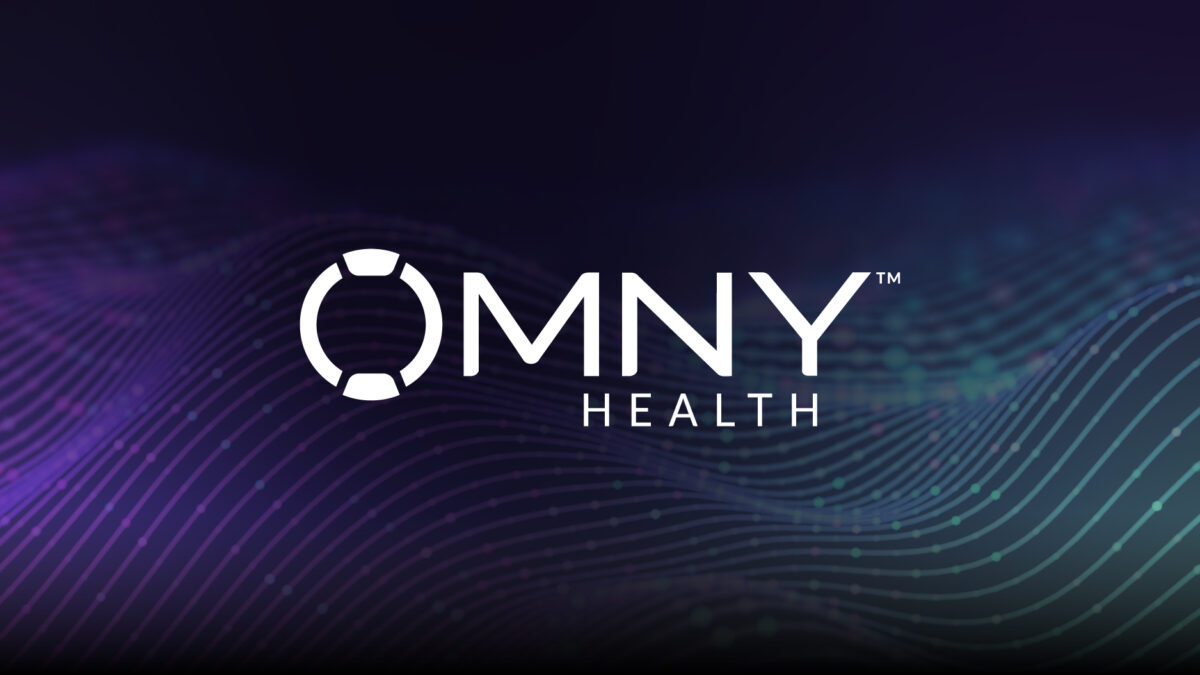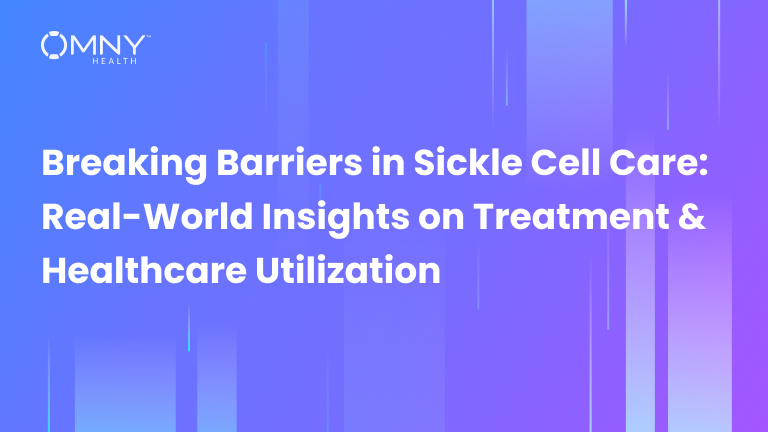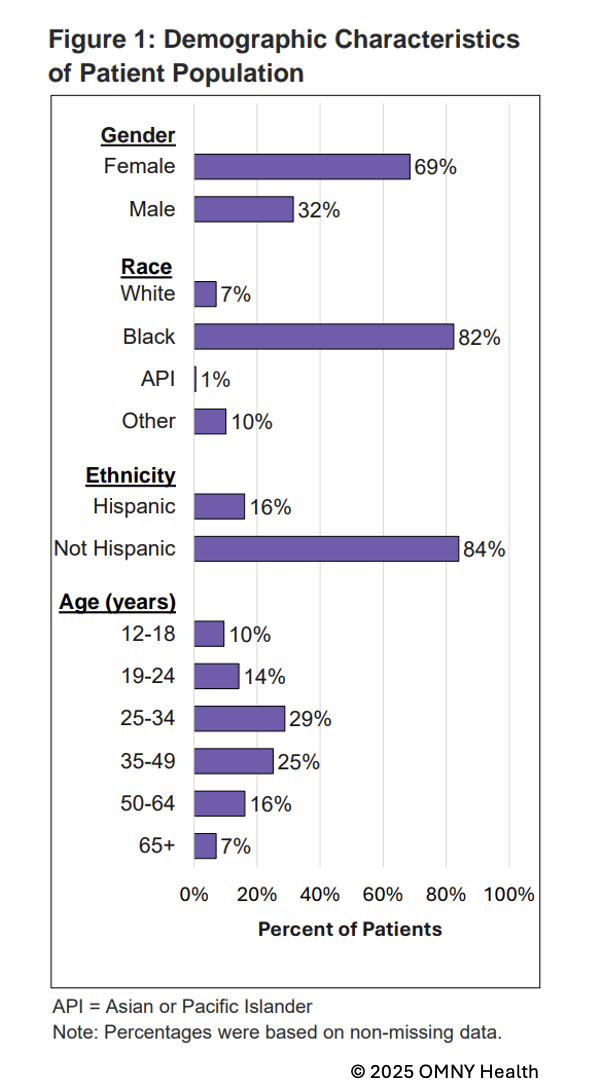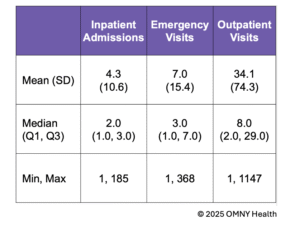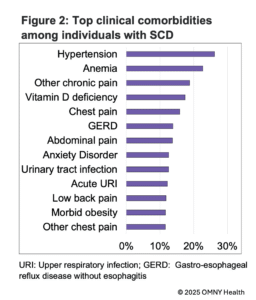Every patient’s story extends beyond structured medical records. Social determinants of health (SDoH), such as economic insecurity, often go unrecorded in traditional coding systems, leaving critical gaps in understanding patient needs. A recent study utilizing OMNY Health’s real-world data platform showcases the power of unstructured clinical notes in identifying financial hardship among psoriasis patients—insights that structured EHR data alone did not capture.
Leveraging NLP to Extract Real-World Patient Challenges
The OMNY Health Platform was used to access electronic health record (EHR) data for patients with International Classification of Diseases, Tenth Revision (ICD-10) codes related to economic insecurity. These codes, outlined in Table 1, include classifications for financial instability, lack of adequate food and safe drinking water, extreme poverty, low income, and material hardship. However, structured data alone failed to capture the full scope of patient struggles.
By applying natural language processing (NLP) to unstructured clinical notes from five specialty dermatology networks (2017-2019), researchers uncovered 686 patients with financial hardship indicators that would have otherwise gone undetected. These were patients whose struggles—such as insurance challenges, difficulty affording medications, and financial stress impacting care decisions—were only documented in free-text notes, never coded in structured fields.
At a probability threshold of 0.91, the model achieved a 91% precision rate, though manual review found that 60% of flagged sentences were true positives. This highlights the need for continued refinement while demonstrating how clinical notes provide deeper, more patient-centric insights than structured data alone.
What Structured Data Misses: A Holistic Approach to SDoH
Traditional structured EHR data often fails to capture the full scope of social determinants of health (SDoH), creating critical blind spots in patient care. Many healthcare decisions—such as delaying treatments, switching medications, or discontinuing care altogether—are influenced by social and financial challenges that remain undocumented in structured records.
For example, economic insecurity is a major yet often invisible factor shaping healthcare journeys. By analyzing clinical notes, researchers have identified patients facing financial hardship that was not reflected in coded data, underscoring the need for a more comprehensive approach to SDoH research. But financial instability is just one piece of a much larger puzzle.
OMNY Health’s dataset goes beyond economic hardship, capturing a wide range of social determinants that impact health outcomes, including:
- Housing Instability – Identifying patients experiencing homelessness or frequent relocations that may affect continuity of care.
- Food Insecurity – Detecting concerns related to nutritional deficiencies and limited access to healthy food.
- Transportation Barriers – Recognizing challenges patients face in accessing healthcare facilities.
- Education and Health Literacy – Understanding how limited education levels influence patient adherence and treatment outcomes.
- Social Support and Caregiver Burdens – Capturing notes related to lack of family or community support, impacting long-term disease management.
By incorporating unstructured clinical notes into SDoH research, OMNY Health’s data helps:
- Identify at-risk patients who may otherwise be invisible in structured records.
- Support more effective intervention strategies tailored to individual social challenges.
- Enhance real-world evidence (RWE) generation to guide healthcare policy and decision-making.
As healthcare organizations seek to advance health equity, leveraging unstructured data provides a more complete view of patient experiences—ensuring that social determinants are not just acknowledged, but actively addressed in care strategies and policy development.
Expanding the Impact of Unstructured Data
This study is just the beginning. Researchers are expanding NLP-driven approaches to explore other SDoH domains, including housing instability and undereducation. With continued model refinement, these insights will help healthcare providers, researchers, and policymakers gain a more complete understanding of patient experiences beyond structured EHR limitations.
As healthcare shifts toward patient-centered solutions, unstructured clinical notes will be key to closing critical data gaps. The ability to capture these hidden patient struggles has the potential to transform care delivery and research.
